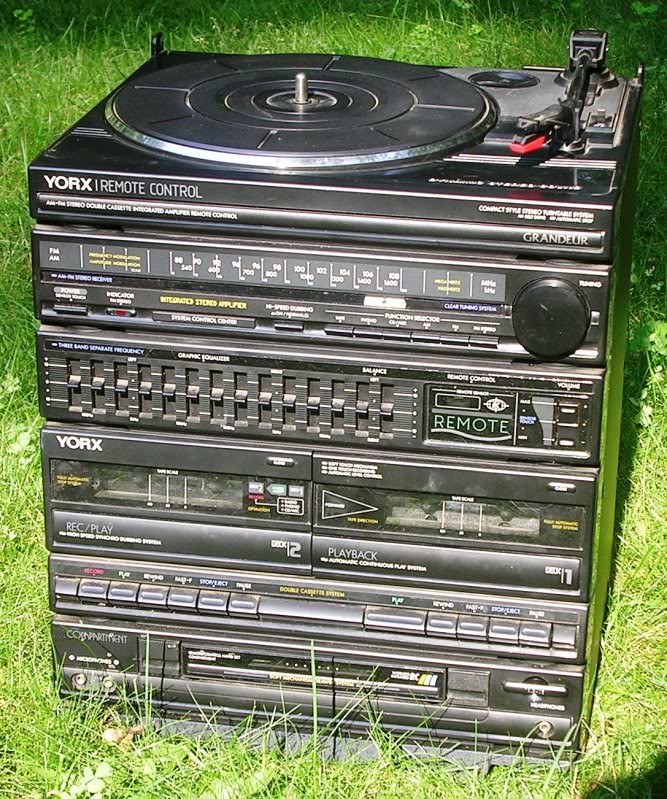I am one of those who is not getting the high end audio 'thing.'This comment is wrong on so many levels. If you can afford just one car they both are the wrong choice as daily driver. If you can afford a Ferrari you can also afford a daily driver that will be as quick as a Porsche, more reliable and much greater, more practical as a daily driver.
A product exist because some one can afford it and fulfil what the buyer expect, high end audio is no different.
Does anyone ever need high end in any activity/market? No. Majority buy something rational, with good value.
The “value” of high end audio, is not just how it sound, many other factors will enter in the equation and fulfil the buyer expectations, if he buys it for the right reasons.
Most here not getting the audio high end concept already own something that has disproportionate ratio of value vs what that thing can achieve, cars/watch/house/motorcycle/clothe/jewelry, etc... and it may also be their more cherished possession.
Life is short, enjoy the journey.
A Porsche or a Rolex, everyone knows that they are expensive items, and you drive about in public or wear it in public so it is a status symbol seen by all.
A hi-fi sits in your house, only guests see it, and only the guests who are into hi-fi will have any idea what it is or what it cost. I had a work colleague come around one time and all she had to say is 'Why do the speakers have to be so big? That's ridiculous.' No status there. If I had a Porsche on the driveway now that would have impressed, regrettably I don't even have a driveway.
Plus the magazines and the dealers, and the people who buy this stuff all to a man say that it's all about the sound quality. Never once have I seen in a high-end magazine someone saying 'Well of course this twenty-grand amplifier is no different to a two grand amplifier in terms of sound, I just own it because I can.' In fact they will defend to the death that they have paid that extra 18K just to get the (imaginary) 'last couple of percentage points of performance', which as a music-lover they feel that they must have.




